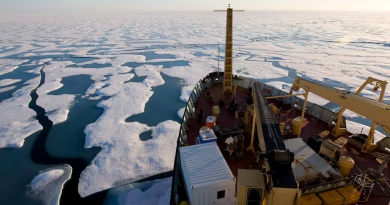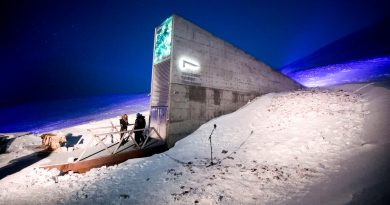Denmark pivots new ship plans from Baltic to Arctic defence
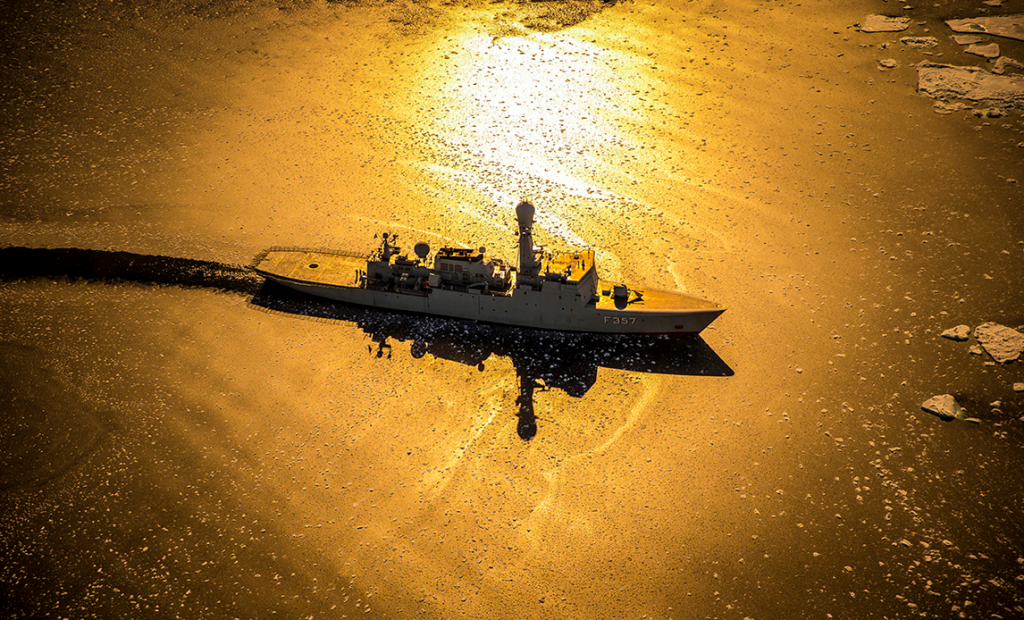
Denmark has decided to shift its naval fleet development from Baltic Sea patrol ships to Arctic-capable vessels. The decision, announced in late January, comes as part of an effort to strengthen the country’s defense capabilities in the Arctic and North Atlantic.
“The situation has changed in several areas since the decision to design new patrol ships was made in 2021,” Troels Lund Poulsen, Denmark’s Minister of Defence, said in a Jan. 29 statement.
“We are in a significantly changed security policy situation, and the Danish Armed Forces are demanding a replacement for the aging Thetis class. The contracting parties have therefore agreed to reorient the existing patrol ship project to focus on Arctic ships.”
Copenhagen’s previous plan envisaged new patrol ships geared towards protecting the Baltic sea.
With Sweden and Finland now NATO members, Denmark’s focus on Baltic defense has shifted, allowing the country to reorient its priorities toward securing its Arctic territories, particularly Greenland, the Ministry of Defence said.
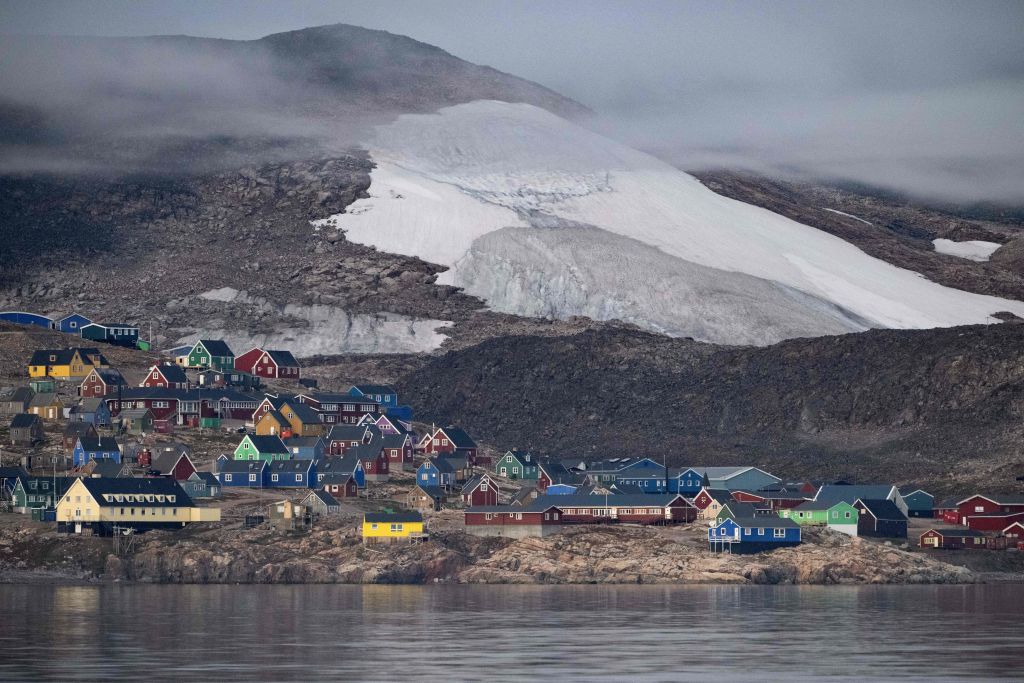
The ministry’s comments come as the region’s strategic significance grows amid broader international interest from Russia and China, as well as recurring comments from U.S. President Donald Trump that he wants to acquire Greenland, an autonomous region within the Kingdom of Denmark.
The Thetis-class vessels currently deployed in the Arctic are aging, and their replacement is critical to Denmark’s defence, the ministry said.
The new ships will be designed to meet the specific challenges posed by Arctic waters, from unpredictable ice conditions to long periods of extreme cold. these new Arctic ships will provide more efficient, flexible, and sustainable operations, ensuring that Denmark is better positioned to respond to emerging threats, the ministry said.
“The Defence Command has expressed a desire for an early replacement of the current Arctic ships of the THETIS class, and the new Arctic ships will not have the same need for maintenance as the aging ships of the THETIS class,” it siad.
“The new Arctic ships will therefore be able to solve tasks more efficiently and flexibly than the current ships, especially in Greenland. The replacement will be carried out in such a way that the operational capacity in the Arctic and the North Atlantic is strengthened.”
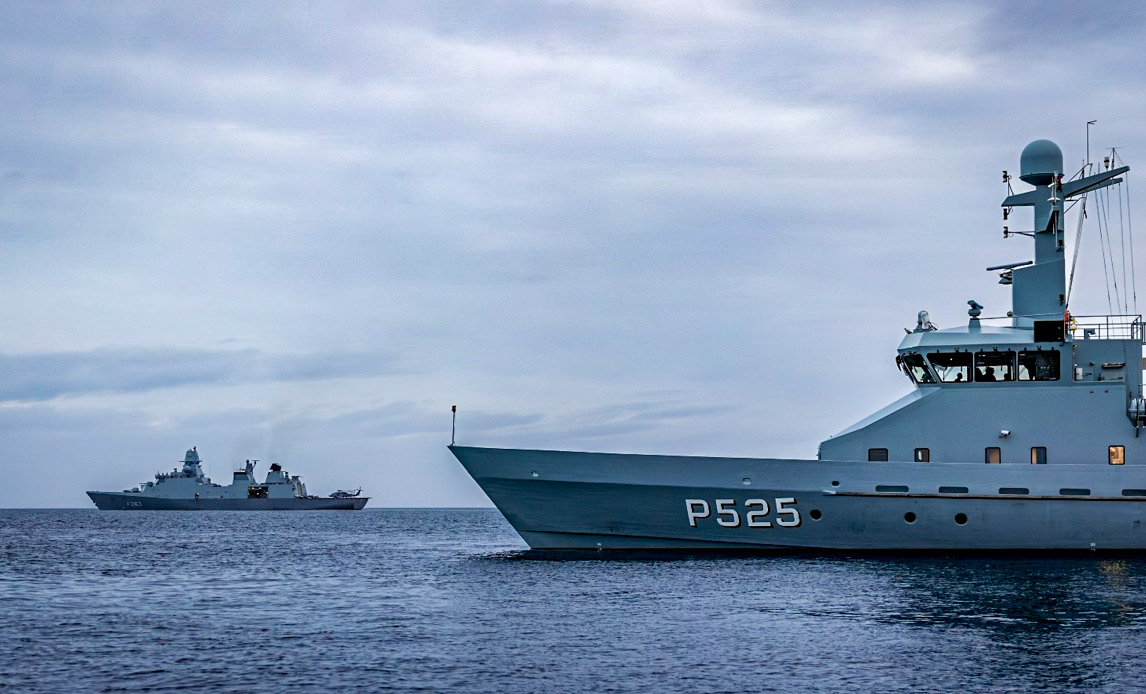
Poulsen sought to reassure that the work done on the Baltic Sea patrol ships would not be lost, as elements of the design would be adapted for the new Arctic ships.
“The work so far has by no means been wasted,” he said.
“A reorientation makes it possible to get started more quickly with the design work on the Arctic ships, for example, when a new time-consuming process does not have to be carried out. In addition, it is expected that sub-elements from the design work of the patrol ships and experiences from the work with a Danish construction strategy can be reused.”
The decision to reorient the patrol ship project comes at a time when other Arctic nations are also recalibrating their defence strategies.
In Norway, military exercises are putting more focus on quickly responding in the Arctic, highlighting the region’s growing importance for defence. Sweden and Finland joining NATO also boosts security in the area with military exercises practicing moving equipment swiftly across the North of all three countries.
Meanwhile in Canada, the government has announced investments including modernizing its Arctic radar system and boosting defence spending.
Comments, tips or story ideas? Contact Eilís at eilis.quinn(at)cbc.ca
Related stories from around the North:
Canada: Poilievre promises new military base in Nunavut as part of Arctic defence plan, CBC News
Finland: US in Greenland could improve Arctic security, Finnish defence minister suggests, Yle News
Denmark: Faced with Trump’s Greenland threats, Denmark seeks support from EU partners, The Associated Press
Greenland: US interest boosts Greenland’s independence bid in talks with Denmark, party says, Reuters
Norway: Norway’s Finnmark brigade to boost Arctic border defence, reevaluate training limits, The Independent Barents Observer
Russia: New radars sharpen Russian air defence over northern Finland, Norway, The Independent Barents Observer
Sweden: Swedish PM on Trump comments: Only Denmark and Greenland decide, Radio Sweden
United States: Trump again calls to buy Greenland after eyeing Canada and the Panama Canal, Eye on the Arctic


